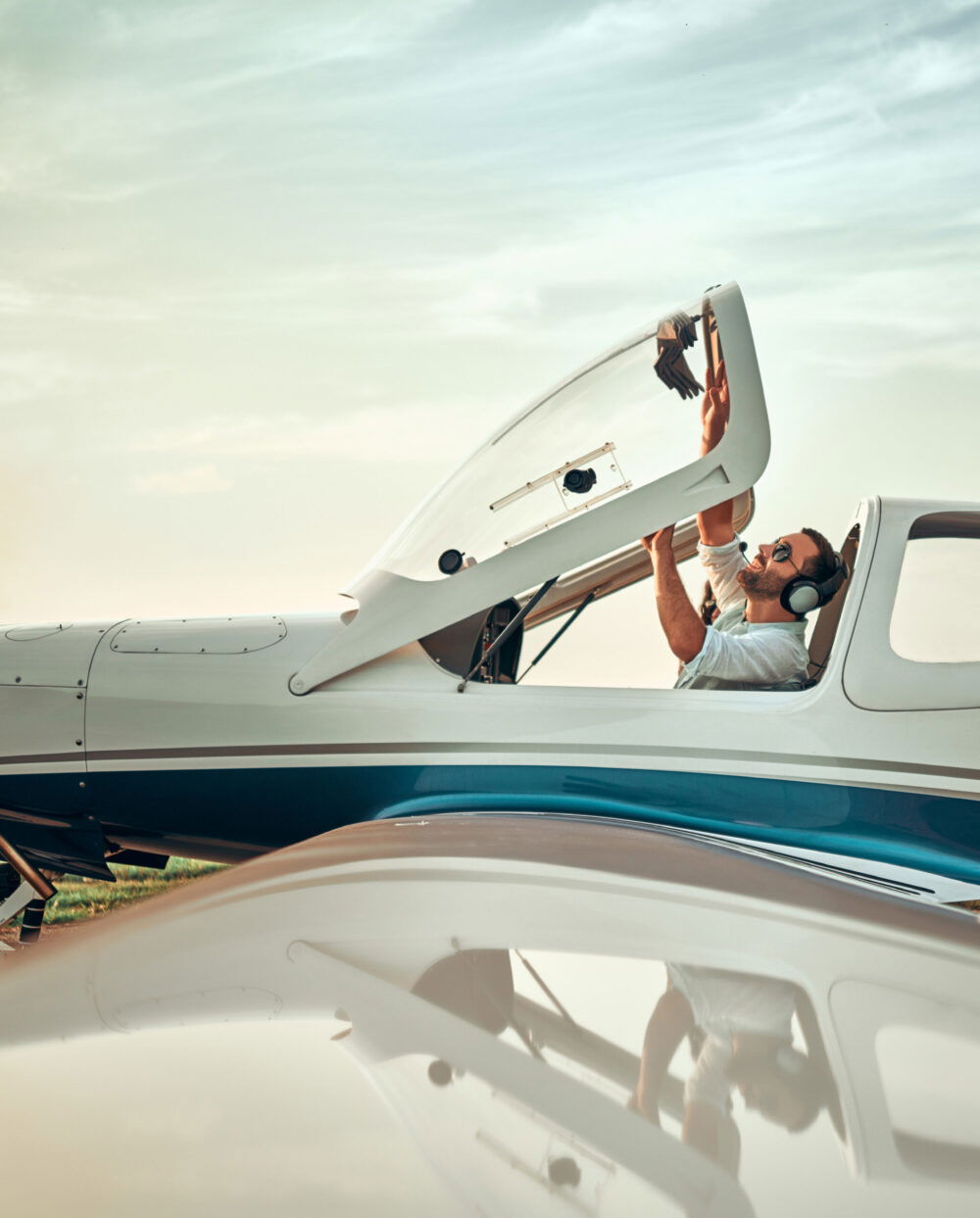Electric vertical takeoff and landing (eVTOL) air taxi developer Joby Aviation has now logged thousands of autonomous flight miles as it seeks to field a self-flying aircraft.
The company on Wednesday revealed it participated in the Defense Department’s Resolute Force Pacific exercise, during which a Cessna 208B Grand Caravan equipped with its Superpilot autonomy system flew more than 7,000 miles.
Joby said the successful exercise will help it compete for future defense contracts on the heels of its collaboration with military contractor L3Harris. The partners aim to fly a gas turbine hybrid, optionally piloted, vertical takeoff and landing (VTOL) variant of Joby’s S4 air taxi this year.
“The DOD has requested $9.4 billion in the [fiscal year 2026] budget to advance uncrewed and remotely operated aircraft, and we see significant opportunity for Joby and our partners,” said Joby founder and CEO JoeBen Bevirt on the company’s second-quarter earnings call.
Resolute Force Pacific took place during July and August and was led by the Pacific Air Forces, a major command of the U.S. Air Force. Joby’s Superpilot-equipped Caravan flew more than 40 hours during the exercise—including a nearly 5,000-mile roundtrip ferry flight where it crossed the Pacific Ocean and landed at an airport. It covered a further 2,400 miles across six sorties, flying under VFR and IFR conditions and in Class B, C, D, and uncontrolled airspace.
The Caravan handled a variety of mission profiles, from cargo delivery and hub-and-spoke logistics to intelligence, surveillance, and reconnaissance (ISR). Flights were supervised from remote ground control stations, including one more than 3,000 miles away at Guam’s Andersen Air Force Base (PGUA). An onboard safety pilot added another layer of oversight.
Joby’s Autonomous Vision
The demonstrations were conducted under an existing contract between Joby and the Air Force. But the company believes the partners have only scratched the surface of autonomy’s potential.
“Recent conflicts have certainly shown that the sort of paradigm of large, expensive, crewed helicopters for a wide variety of missions may not be the right one,” said Paul Sciarra, executive chairman of Joby, during the company’s recent earnings call. “So we think we’ve got an opportunity in conjunction with L3[Harris] to essentially build something that is cheaper, quieter, autonomous, and essentially flexible for a wide range of use cases.”
The department has shown a penchant for such systems, exploring autonomy with contractors Merlin Labs and Reliable Robotics and optionally piloted capabilities with Sikorsky and Skyryse. In August, the Air Force purchased Reliable’s autonomy system, which it plans to deploy overseas following testing.
Since Superpilot is designed to accommodate a range of aircraft, the recent exercise, Joby said, could help it quickly integrate autonomy on the partners’ hybrid-powered defense variant. According to Bevirt, customer demonstrations of the model are on tap for 2026.
The optionally piloted design will add a hybrid powertrain to Joby’s flagship S4: a four-passenger, electric VTOL (eVTOL) model with a range of about 130 miles and cruise speed of about 200 mph (74 knots). L3Harris will assist with the integration of sensors, effectors, communication systems, and capabilities for “long-range, crewed-uncrewed teaming.”
According to Joby, the idea is to deliver a light, autonomous cargo aircraft that could handle urgent, high-risk deliveries for the DOD, while freeing up larger and more expensive aircraft for other missions.
“Over the course of both the flight demonstrations in the fall and even more importantly, the demonstrations with customers early next year, that’s going to, I think, be the opportunity to sort of open up the commercialization effort in a very significant way with the DOD,” Sciarra said on the firm’s recent earnings call.
The company’s defense work could also accelerate the adoption of autonomy for its home-to-airport passenger service with Delta Air Lines. It plans to launch the service—which will initially be piloted—in cities such as New York after achieving FAA type certification for the S4.
Joby acquired Superpilot and the autonomy division of Xwing in 2024, demonstrating a self-flying Caravan later that year during the Air Force’s Agile Flag 24-3 exercise. Xwing completed hundreds of flights with the autonomous, gate-to-gate system between 2020 and the acquisition.
“This dual use approach, essentially leveraging the same technologies and the same manufacturing lines that we’re using for the commercial side, really pays dividends both to us as a company and in turn to our customers in defense,” Sciarra said in August.
Like this story? We think you’ll also like the Future of FLYING newsletter sent every Thursday afternoon. Sign up now.







